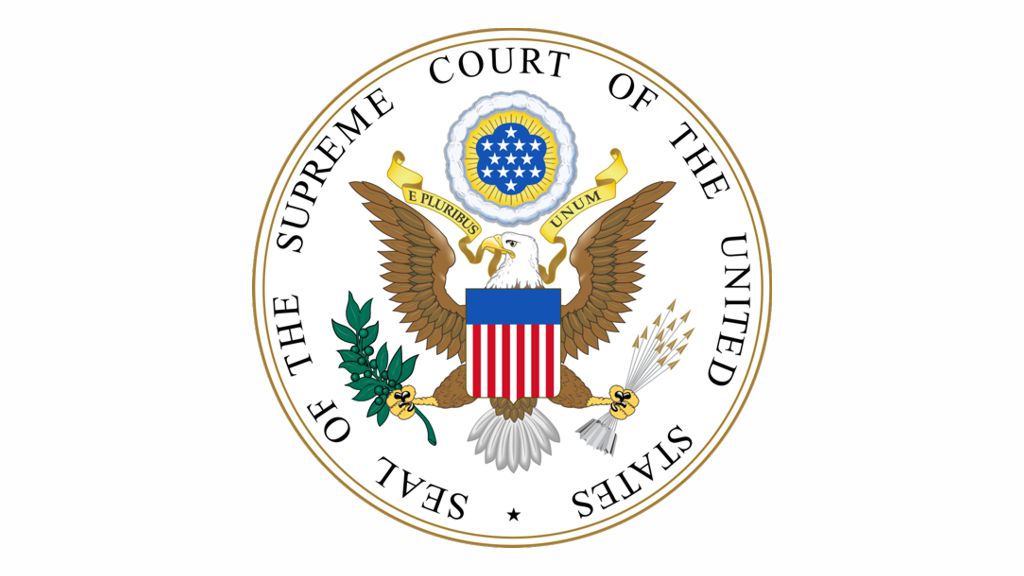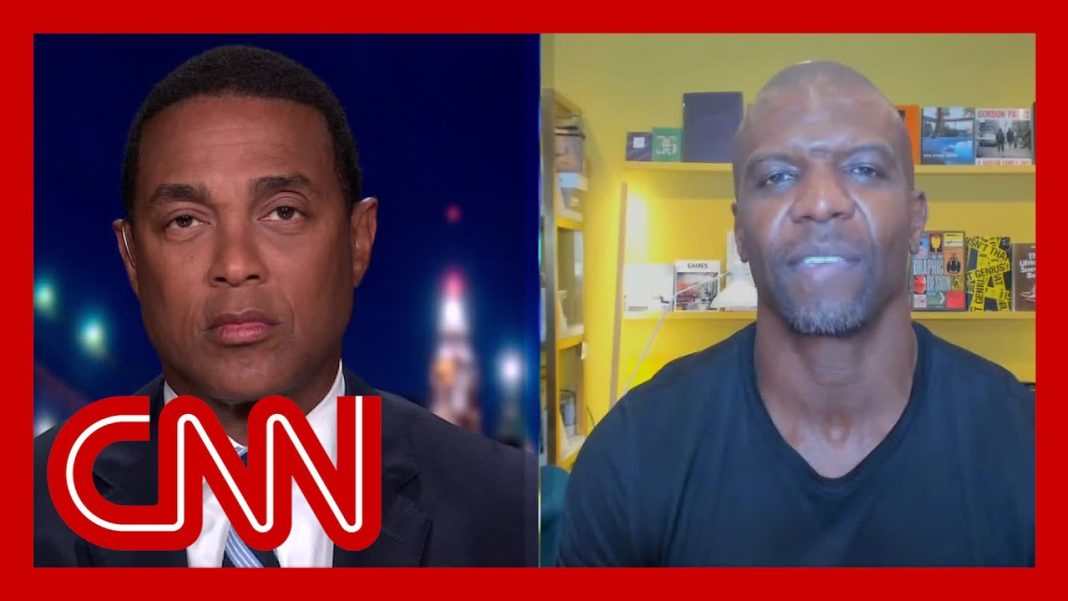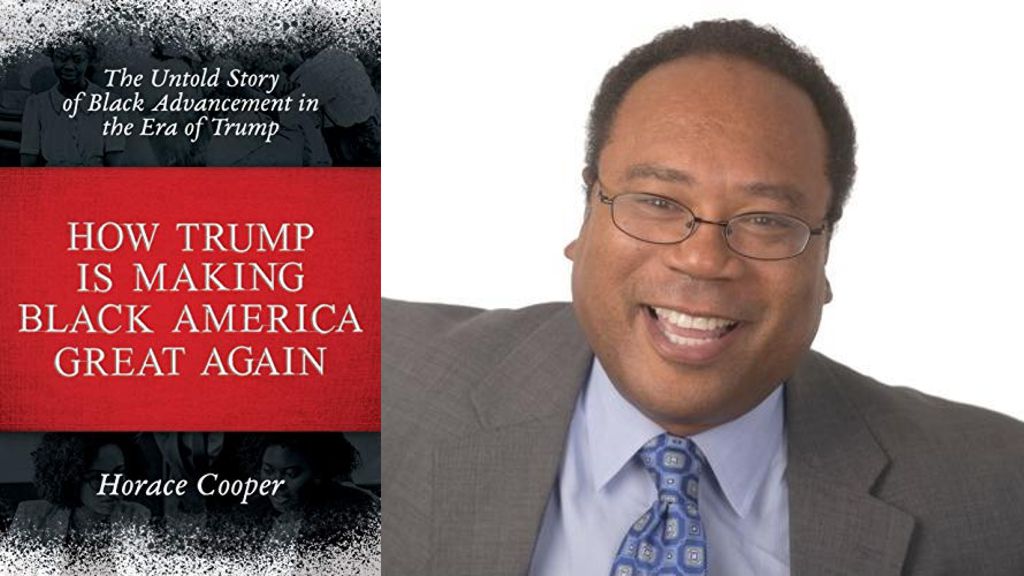The Fourth Circuit’s judgment—that the robocall restriction’s government-debt exception in 47 U. S. C. §227(b)(1)(A)(iii) violates the First Amendment but is severable from the remainder of the statute—is affirmed.
In response to consumer complaints, Congress passed the Telephone Consumer Protection Act of 1991 (TCPA) to prohibit, inter alia, almost all robocalls to cell phones. 47 U. S. C. §227(b)(1)(A)(iii). In 2015, Congress amended the robocall restriction, carving out a new government debt exception that allows robocalls made solely to collect a debt owed to or guaranteed by the United States. 129 Stat. 588. The American Association of Political Consultants and three other organizations that participate in the political system filed a declaratory judgment action, claiming that §227(b)(1)(A)(iii) violated the First Amendment. The District Court determined that the robocall restriction with the government-debt exception was content-based but that it survived strict scrutiny because of the Government’s compelling interest in collecting debt. The Fourth Circuit vacated the judgment, agreeing that the robocall restriction with the government-debt exception was a content based speech restriction, but holding that the law could not withstand strict scrutiny. The court invalidated the government-debt exception and applied traditional severability principles to sever it from the robocall restriction.
robocalls-19-631_2d93






